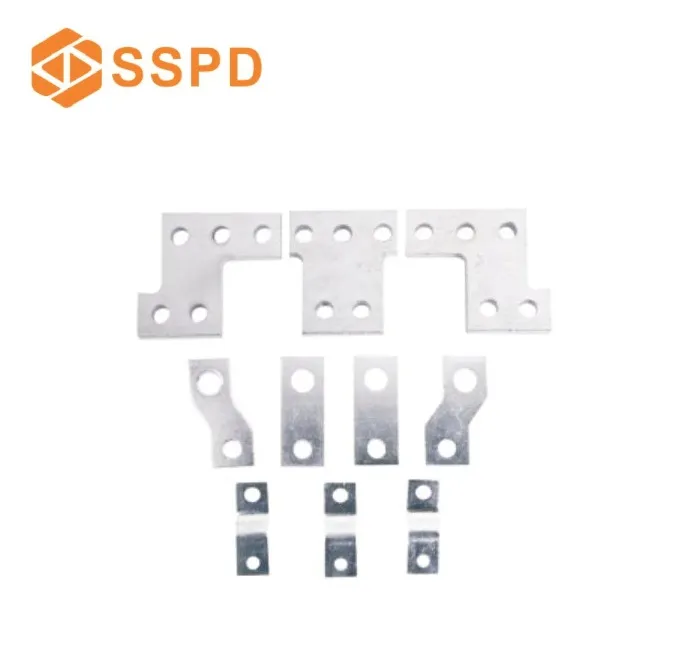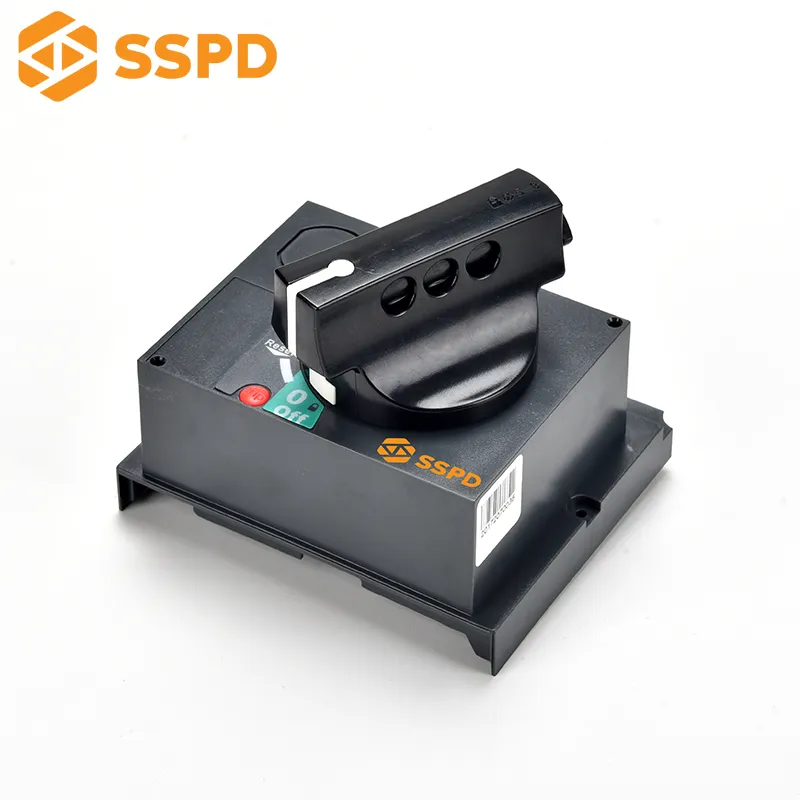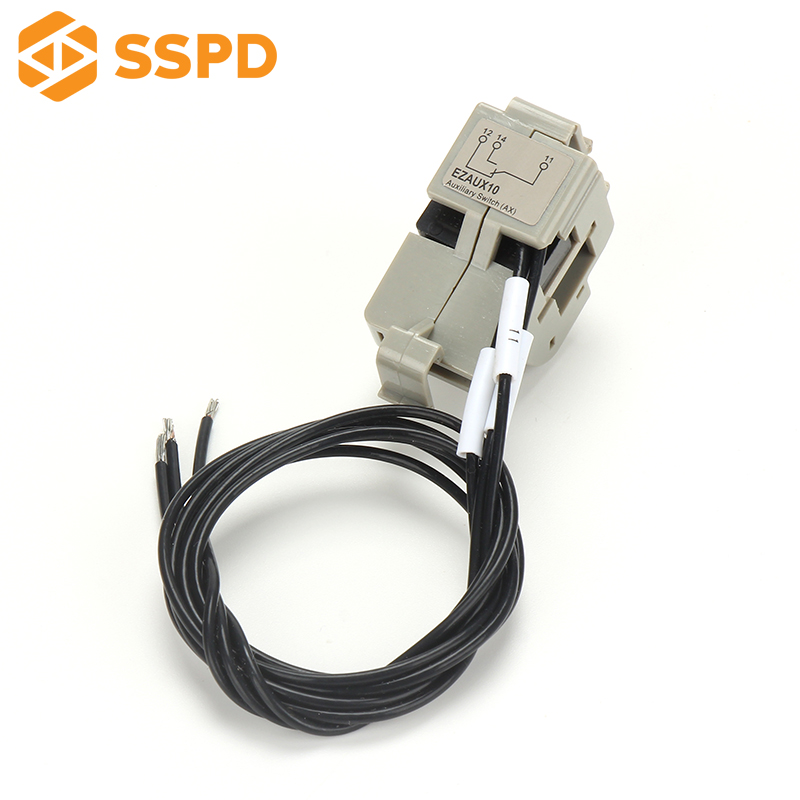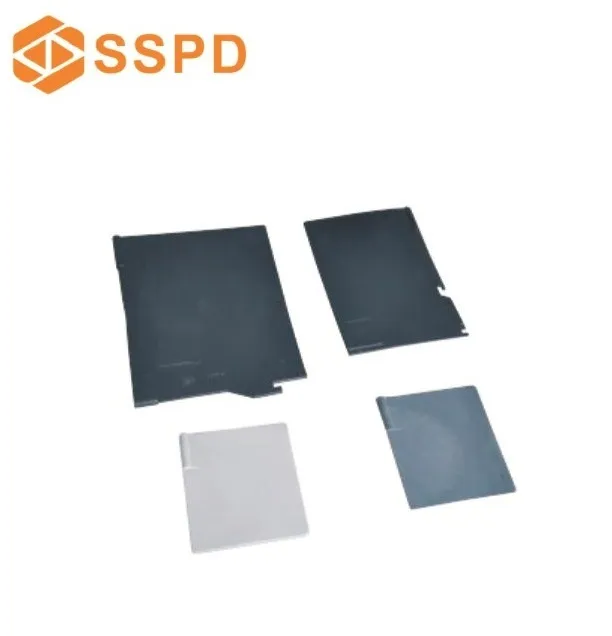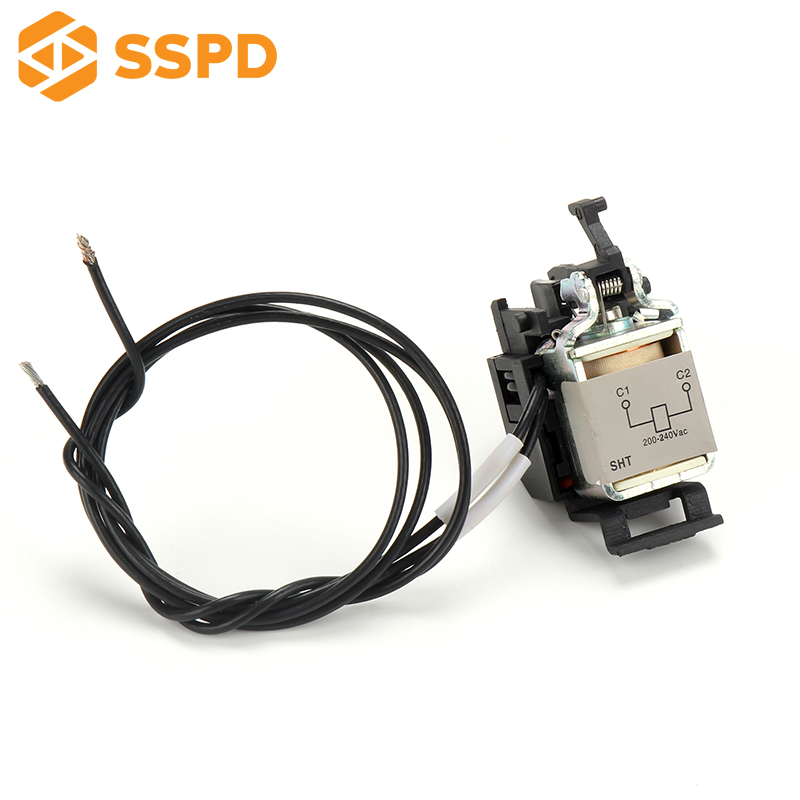The Basics of Molded Case Circuit Breakers
In modern electrical distribution systems, molded case circuit breakers (MCCBs) play a vital role in ensuring the safety and reliability of power networks. They are designed to detect abnormal current conditions — such as overloads, short circuits, and ground faults — and automatically disconnect the circuit before serious damage occurs.
Unlike simple fuses, MCCBs are reusable and adjustable, providing precise protection and better control for industrial, commercial, and residential systems. At SSPD, our MCCBs are engineered with advanced trip technologies to deliver consistent performance under various operating environments.
Overload Trip Action
An overload happens when the current exceeds its rated value for a long period of time. MCCBs prevent equipment overheating through a thermal trip mechanism — typically a bimetal strip made of two metals with different expansion rates.
As current increases, the bimetal strip warms up and bends. Once it deflects enough, it triggers the trip mechanism to open the circuit. This process follows a time–current curve: the higher the overload, the faster the breaker reacts.
Such thermal protection is ideal for protecting cables, motors, and devices from continuous overcurrent that could otherwise shorten their lifespan or cause insulation failure.
Short-Circuit Trip Action
A short-circuit fault is a sudden, extreme rise in current flow that can cause severe equipment and system damage within milliseconds. To protect against this, MCCBs use a magnetic (instantaneous) trip mechanism.
When a short circuit occurs, a powerful magnetic field is generated around the coil inside the breaker. This field pulls an armature that instantly trips the mechanism and separates the contacts. This quick action limits the fault current, preventing arc damage and reducing downtime.
Thermal-Magnetic Trip Action
Most general-purpose MCCBs combine both thermal and magnetic elements in a single unit.
The thermal element responds to long-term overloads.
The magnetic element responds instantly to short circuits.
This dual protection design ensures optimal safety and reliability in typical power distribution networks. Thermal-magnetic breakers automatically adjust to ambient temperature changes and load variations, making them the preferred choice for most standard applications.
Electronic Trip Units
For higher precision and flexibility, modern MCCBs can be equipped with electronic trip units (ETUs). These advanced modules use built-in current sensors (CTs) and microprocessors to continuously monitor the current in each phase.
When abnormal current patterns are detected, the electronic logic triggers the trip mechanism based on pre-set parameters. ETUs provide multiple adjustable settings for overload, short-circuit, and ground-fault protection — as well as advanced features like event logging, communication, and remote monitoring.
Such intelligent trip systems are ideal for smart panels, industrial automation, and data centers, where protection accuracy and system management are crucial.
Reliable Power Protection from SSPD
Since 1992, Yueqing Shendian Electrical Co., Ltd. (SSPD) has specialized in low-voltage power protection and control solutions, serving more than 70 countries worldwide.
Our MCCBs — including the CEZC / CNSX series — are built for long life, high breaking capacity, and customizable trip performance. From standard thermal-magnetic types to advanced electronic units, each SSPD breaker is engineered to empower your electrical system with safety, reliability, and confidence.
Learn More
Explore our full range of MCCB products at www.shendianele.com
or contact our technical team for customized solutions.



